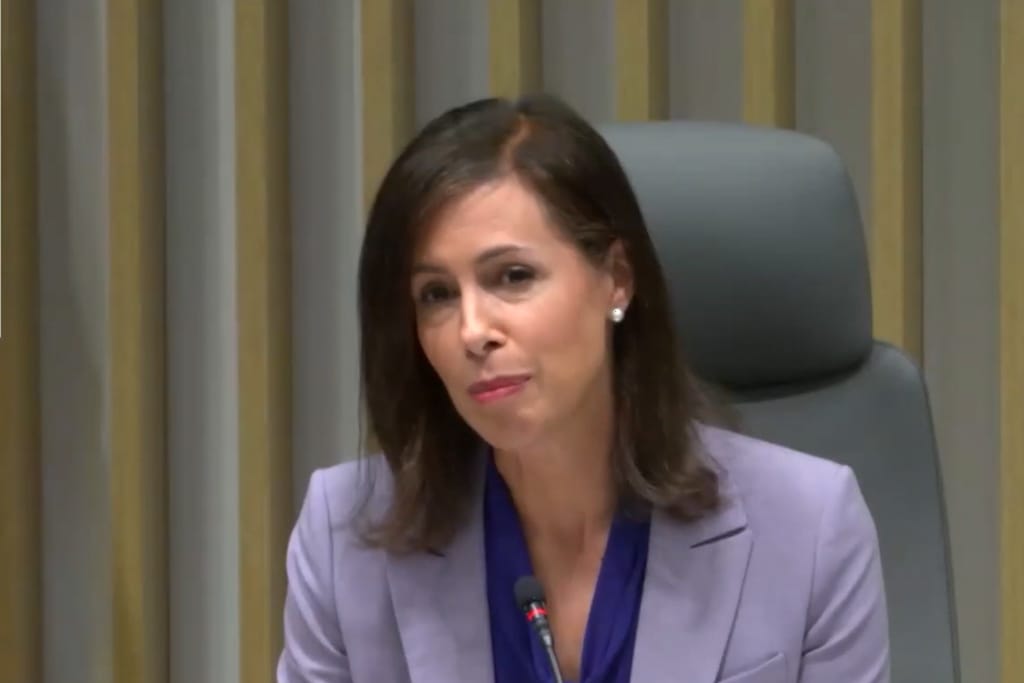FCC Seeks Comments on Opening 12.7 GHz Band for 5G, Other Uses
‘This is the first step in unlocking a significant expanse of new mid-band spectrum.’
David B. McGarry

WASHINGTON, October 27, 2022 – The Federal Communications Commission unanimously approved at its October meeting on Thursday a notice seeking comment on the 12.7–13.25 GHz band, as the commission moves to make available more spectrum for next-generation wireless services, including 5G.
In pursuance of the newly approved notice of inquiry, the FCC will investigate the current uses of the 12.7 GHz band, its potential for mobile broadband and other services, and the proper approach for potential future licensing initiatives. The commission also extended a temporary freeze on applications in the 12.7 GHz band.
“This is the first step in unlocking a significant expanse of new mid-band spectrum,” FCC Chairwoman Jessica Rosenworcel said in her prepared remarks. “But I also know we can’t pin our wireless future on any single band. We need to keep up our efforts to find more airwaves to fuel the mid-band spectrum pipeline.”
The FCC administers radio spectrum for non-federal uses, and the chairwoman said she is working with the National Telecommunications and Information Administration – which administers federally used spectrum – to free up more bands for use by next-generation services. Earlier this month, Scott Harris, senior spectrum advisor at the NTIA, said his agency will pursue spectrum expansions as well.
Rosenworcel also touted her agency’s recent moves to expand spectrum access. “We quickly held an auction in the 3.45 GHz band and followed that up with an auction in the 2.5 GHz band and just yesterday I shared with my colleagues an order that would create new public safety 5G opportunities in the 4.9 GHz band,” her remarks said.
Other business from the FCC October meeting
The commission unanimously approved three other items at Thursday’s meeting. The first, a measure to support Puerto Rico and the United States Virgin Islands, is a step toward providing support to mobile carriers and fixed providers in those territories.
The commission also approved notice of inquiry on new strategies to combat illegal robocalls over non–internet protocol networks. The prevailing anti-robocall framework, STIR/SHAKEN, is technologically impossible on non-IP networks, the FCC said. Broadband Breakfast reported Tuesday that industry players submitted comments to the FCC saying a more complete national transition to IP networks could be the solution to what they say has been a framework that has suffered from ineffectiveness.
Finally, the FCC approved a measure to strengthen the security of the national emergency alert systems. The adopted notice requests comments on the operational readiness of EAS systems and advances reporting requirements for cybersecurity risks and risk-mitigation strategies.









Member discussion